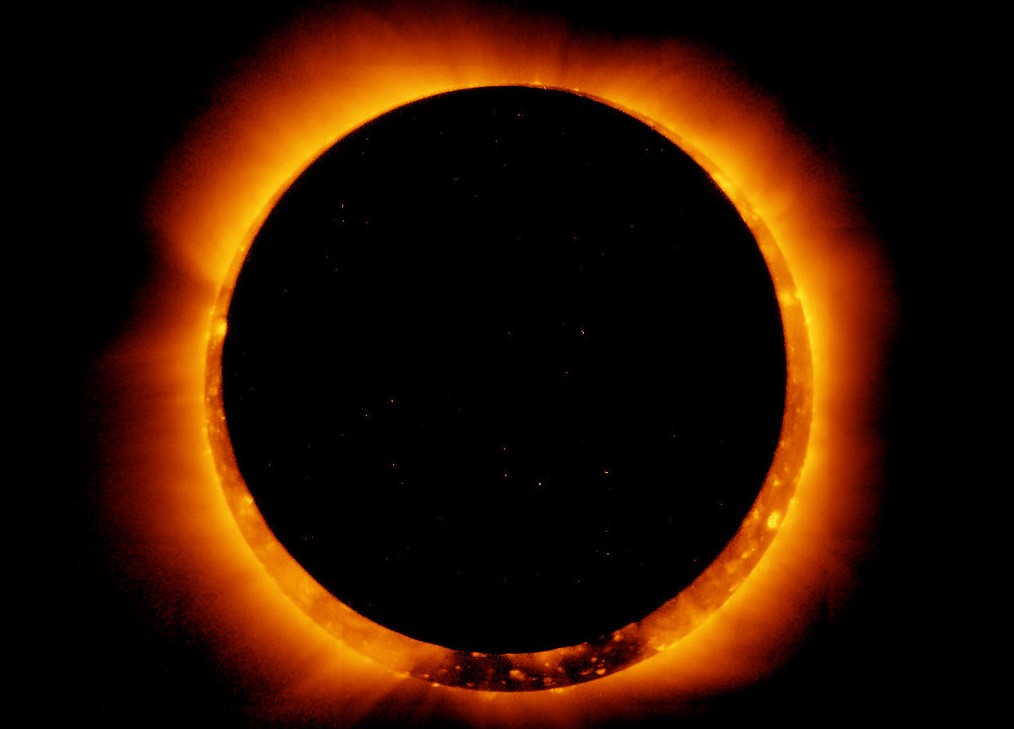Science News Roundup: Explainer-Total solar eclipse 2024: When is it and what to expect?; Russian descent vehicle lands in Kazakhstan with three astronauts and more
Following is a summary of current science news briefs. Explainer-Total solar eclipse 2024: When is it and what to expect? The moon will blot out the sun for millions of people in North America along a path crossing from Mexico into the United States and then Canada in a total solar eclipse occurring on Monday, April 8.

Following is a summary of current science news briefs.
Explainer-Total solar eclipse 2024: When is it and what to expect?
The moon will blot out the sun for millions of people in North America along a path crossing from Mexico into the United States and then Canada in a total solar eclipse occurring on Monday, April 8. Here is an explanation of the solar eclipse, where it will be visible and what to expect.
Millions across North America await total solar eclipse
A total solar eclipse will have millions of people across a heavily populated swath of North America gazing toward the heavens on Monday as the moon completely blocks the sun for more than four minutes in some locales. The eclipse will be viewable, weather permitting, along a path starting in Mexico and then crossing through the United States and into Canada. Eclipse fans are gathering in places along the "path of totality" including the city of Fredericksburg in central Texas, where the total eclipse will occur shortly after 1:30 p.m. (1830 GMT).
SpaceX launches South Korea's second spy satellite amid race with North
South Korea's defence ministry said on Monday the country's second homegrown spy satellite had entered orbit after its launch on a SpaceX Falcon 9 rocket from the John F. Kennedy Space Center in Florida. The launch, which comes after Seoul's first spy satellite was put into orbit from California's Vandenberg Space Force Base in December, was livestreamed on social media platforms X and YouTube.
Russian descent vehicle lands in Kazakhstan with three astronauts
A Russian descent vehicle landed safely in Kazakhstan on Saturday, returning from the International Space station with astronauts from Russia, Belarus and the United States, live footage broadcast by Russia's Roscosmos space agency showed. Russian Oleg Novitsky and Belarusian Marina Vasilevskaya departed for the ISS last month on a Soyuz spacecraft. They returned to Earth on Saturday along with U.S. astronaut Loral O'Hara, who had been aboard the orbital station since September.
(With inputs from agencies.)
ALSO READ
Estonian Navy Seizes Russia-bound Oil Tanker from EU Sanctions List
South Korea's Courageous Rescue at Subway Site
Maharashtra Embarks on Nuclear Path with Russia's ROSATOM
Ukrainian Air Defence Triumphs Over Russian Drone Attack
Diplomatic Dialogue: Turkey and Russia Discuss Ceasefire and Energy Cooperation










